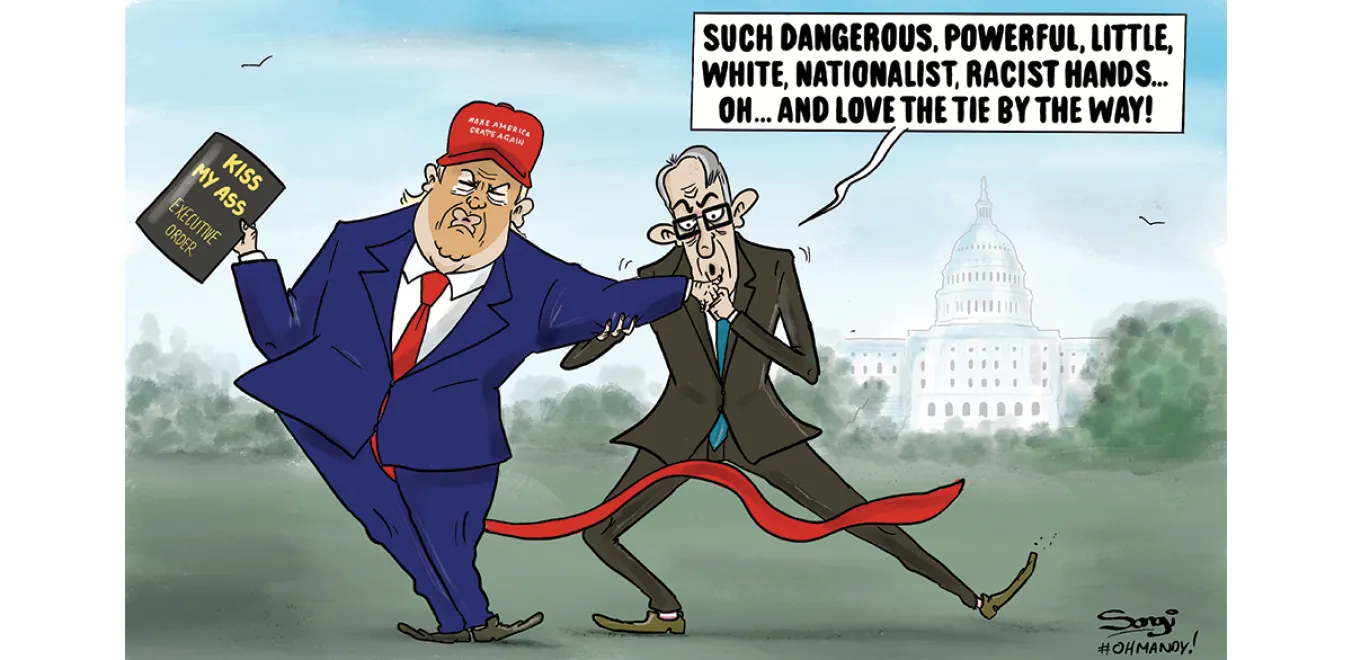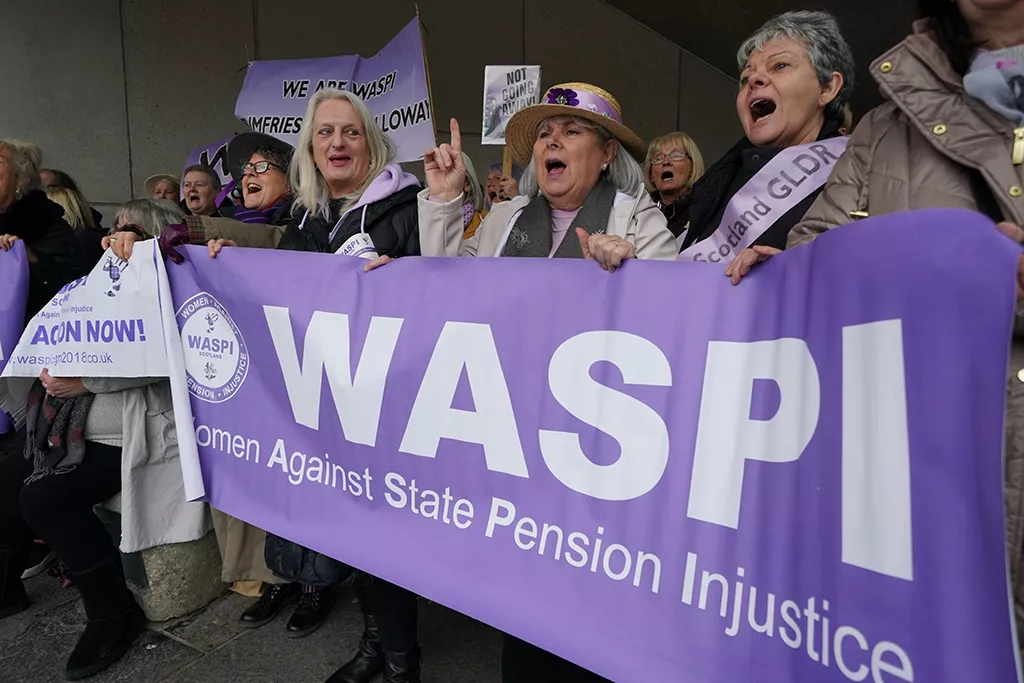
REPORTS that Labour is to further water down its policy commitment on workers’ rights are alas far too plausible.
While the party has been at pains to deny the well-sourced reports of fresh capitulation to employer pressure, it is a fact that it has already been eager to compromise with business on this issue.
And it is also the case that Sir Keir Starmer has junked any and every policy proposal that arouses the slightest opposition from the Establishment.
Critics are right to point out that the plan to address employer abuses and strengthen workplace protections is popular with the public.
But so too are public ownership of the water industry and the Green New Deal investment programme. Yet both pledges were abandoned when the City gave the thumbs down.
There is therefore every reason to be sceptical of Labour denials that a further U-turn is afoot. Someone who has lied as prodigiously as Starmer has no right to expect to be believed on this issue.
Already the list of elements of the New Deal for Working People dropped or diluted since its launch in 2021 is formidable.
The commitment to a single status of worker has been replaced with a consultation in simplifying the current system.
Sectoral pay agreements extending collective bargaining have been dropped, replaced by a plan for the social care sector at the very most.
Full employment rights from day one have been compromised by proposals on probation periods and “fair dismissal,” a green light for bad bosses.
The right for workers to “switch off” when not at work or to work from home is not going to be put into law.
And the proposed ban on zero-hours contracts has been dropped, with only a right to a regular work pattern left on the table.
If media reports are to be believed, much of what remains, which was originally supposed to be enacted within 100 days of Labour forming a government, will now merely be put out for “consultation” instead.
That merely signals to big business that they will have yet another opportunity to persuade Labour ministers to do their bidding and drop further progressive workplace changes.
It is all of a piece with Starmer’s general strategy of being the “most pro-business” government ever.
There are some welcome signs of trade union pushback at this incremental abandonment of a core reason — indeed, the main remaining positive reason — for urging a Labour vote at the general election.
Unite’s Sharon Graham has said that delivering on the new deal in full is a “red line,” which it certainly should be. And TUC president Matt Wrack has warned that there must be “no rolling back” on the pledges.
However, unions are now dealing with Starmer from a position of weakness. The major affiliated unions have acquiesced in the main direction he has set for the party.
If red lines are now crossed, there are limited sanctions available. Unions could withdraw or circumscribe funding for Labour’s election campaign, but given the large sums the party is now getting from the rich and business that may not have much impact.
Ultimately, the problem is political. Unions need to wage a public political fight, including within the party, for the policy and to mobilise their members behind them.
The “red line” is a class line. If Labour fails to stand up to the worst forms of employer behaviour, and makes progress dependent on employer endorsement, then it is neither use nor ornament.
So the sooner the party acts to dispel the rumours the better. For many, this would be a U-turn too far.

















